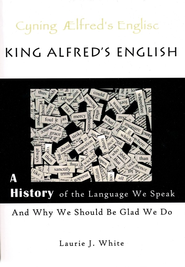“Let me tell you the secret that has led me to my goal. My strength lies solely in my tenacity.”
This quote is from Louis Pasteur, a famous scientist who lived in the 1800s and proved that it was not “bad air” that caused some diseases but actually microorganisms that we categorize as germs today. He also developed a vaccine for rabies, and his name is given to a method of killing germs in milk: pasteurization.
So, his secret is his tenacity, but what is it?
Read More


















